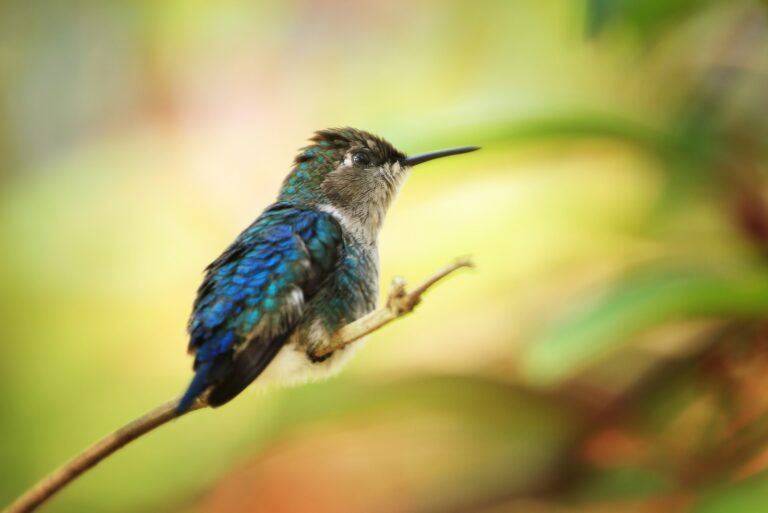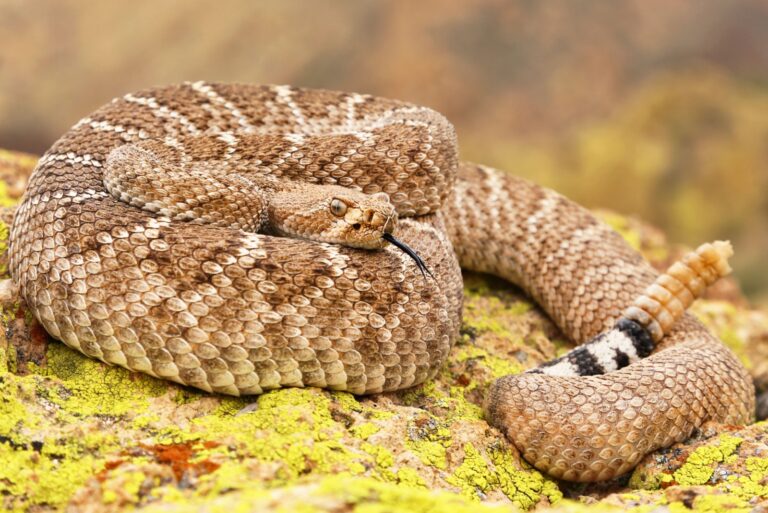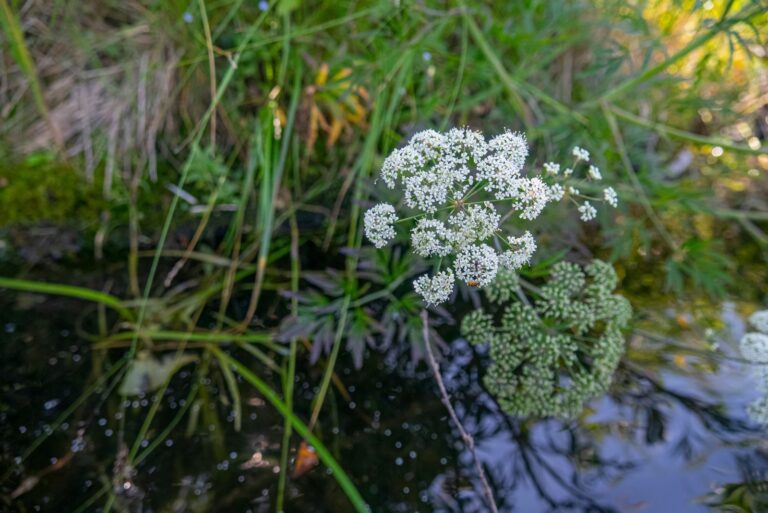7 Reasons Bees Are Disappearing In Missouri
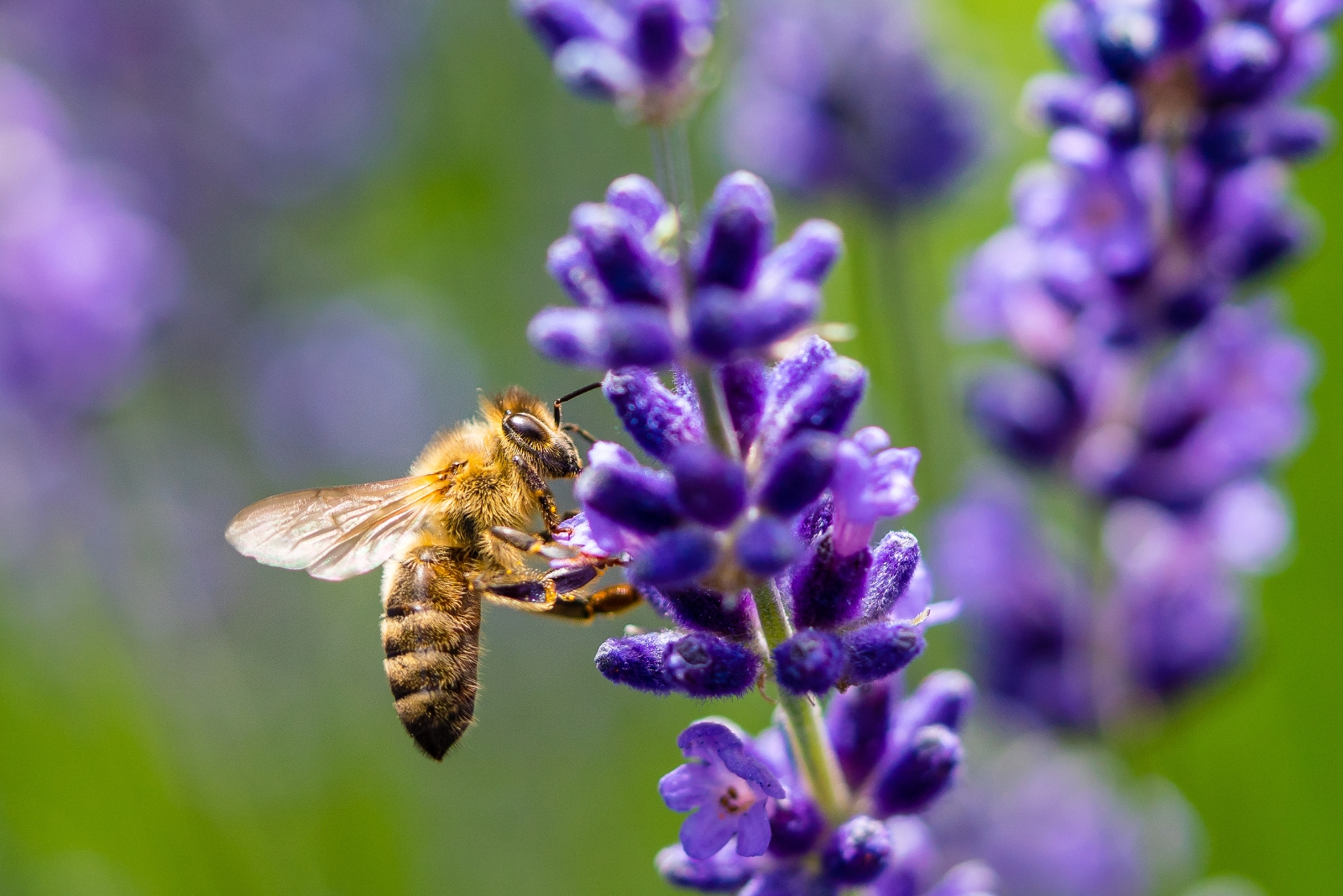
Lately, it feels like each time I step into my Missouri garden, I notice fewer of those tiny buzzing workers zipping around the flowers. It’s a little sad, because bees bring so much life and energy to the yard, and their absence is hard to ignore.
I’ve been keeping an eye on the changes around here, and the reasons behind their disappearing act are surprisingly eye-opening.
Let’s take a closer look at what’s causing the buzz to fade.
1. Pesticide Use on Farms and Gardens
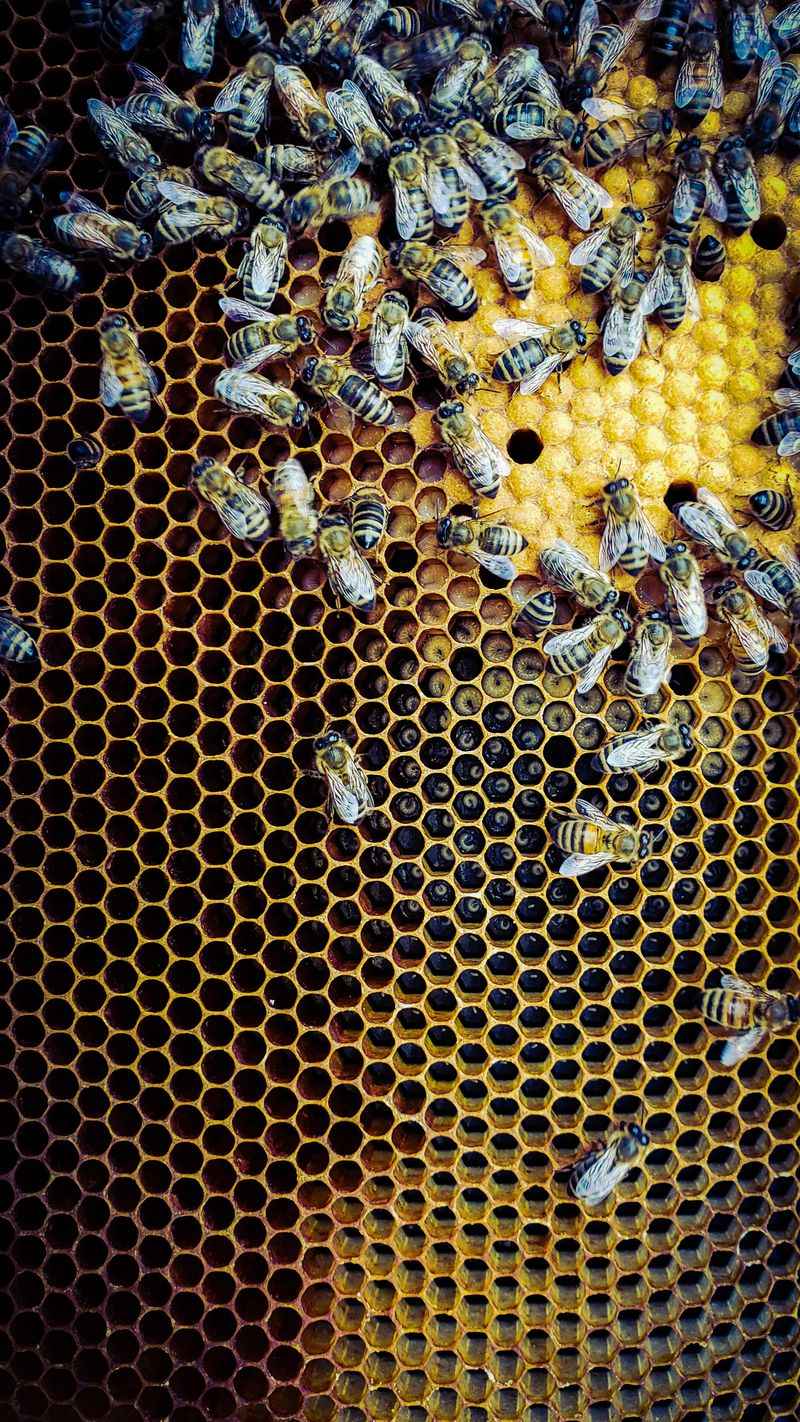
Farmers across Missouri rely on chemicals to protect their crops from harmful insects, but many pesticides accidentally harm bees too. Neonicotinoids, a common type of pesticide, can confuse bees and make it hard for them to find their way back home.
Even small amounts can weaken their immune systems over time. When bees visit treated flowers or plants, they carry toxic pollen back to their hives, affecting entire colonies.
Choosing bee-friendly alternatives and reducing chemical use around Missouri gardens can make a real difference for these important pollinators.
2. Loss of Wildflower Habitats
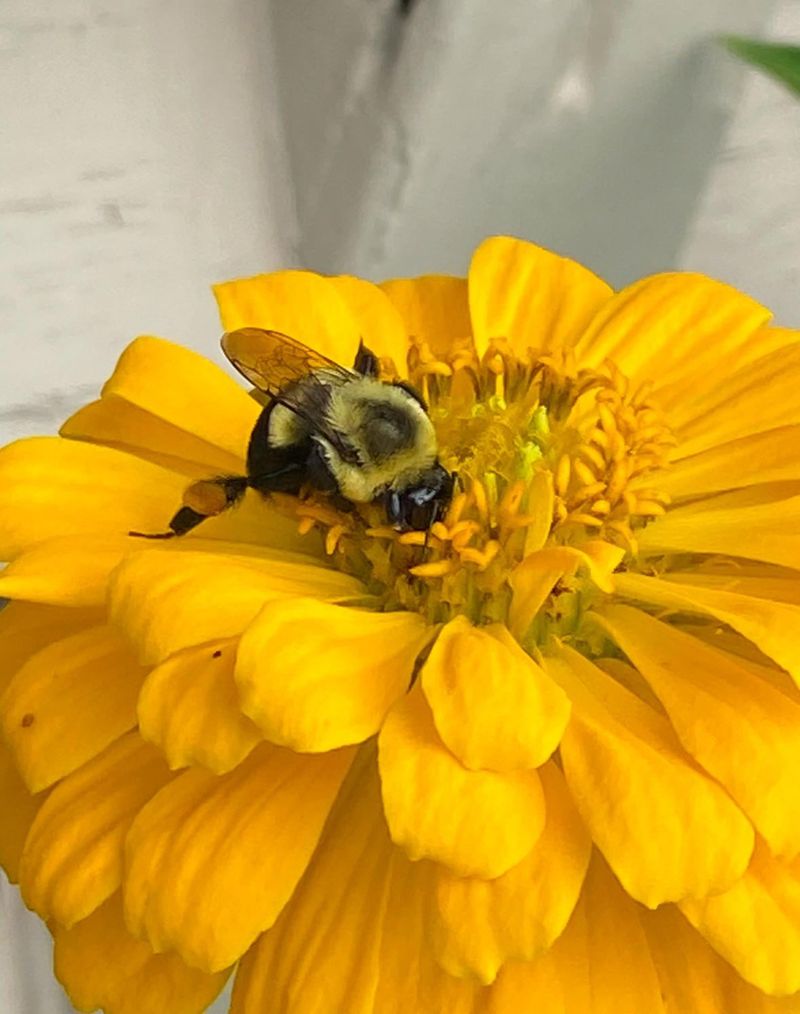
Wild prairies and meadows once covered much of Missouri, providing bees with endless sources of nectar and pollen. As cities expand and farmland grows, these natural spaces disappear, leaving bees with fewer places to feed and nest.
Without diverse wildflowers blooming throughout the seasons, bee colonies struggle to find enough nutrition. Urban sprawl and modern agriculture have replaced native plants with grass lawns and single-crop fields.
Planting native Missouri wildflowers in your yard helps recreate lost habitats and gives local bees the food sources they desperately need.
3. Varroa Mites and Parasites
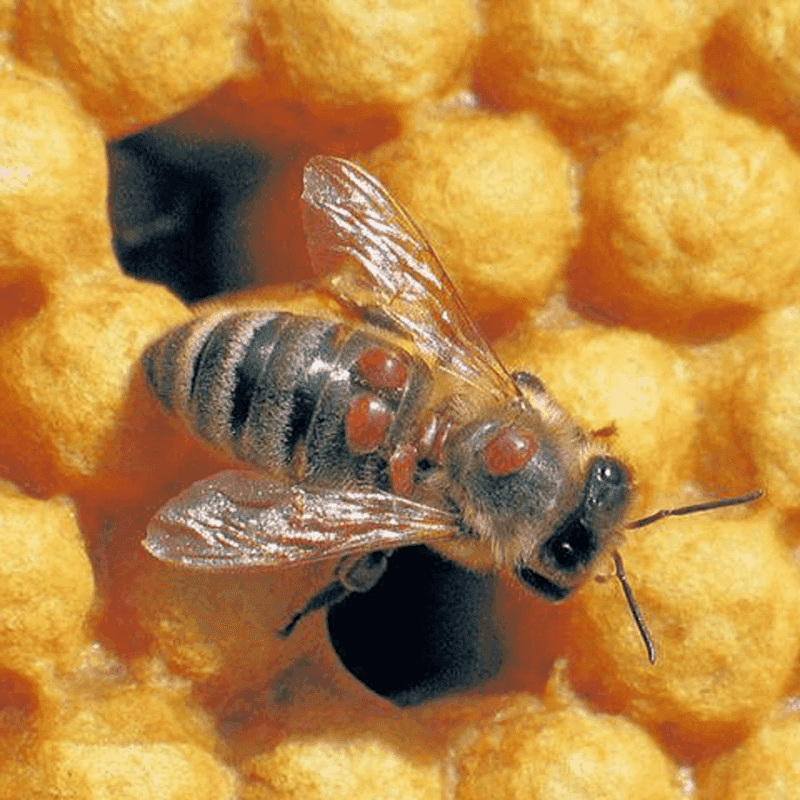
Tiny parasites called varroa mites attach themselves to bees and feed on their blood, weakening them significantly. Beekeepers throughout Missouri battle these destructive pests that spread quickly from hive to hive.
Infected bees become sick, develop deformed wings, and often die before reaching adulthood. Mites also transmit viruses that devastate entire colonies within weeks.
Did you know? A single mite can produce multiple offspring inside a bee colony, making infestations incredibly difficult to control without proper treatment and monitoring by beekeepers.
4. Climate Change and Extreme Weather
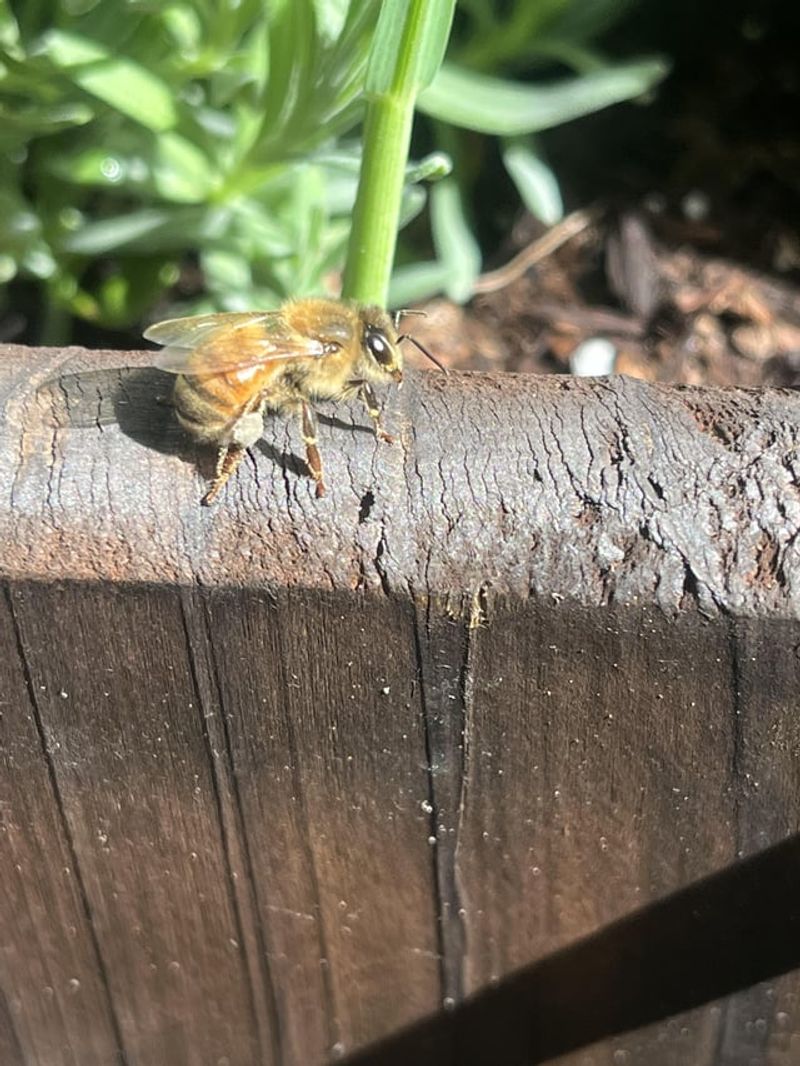
Unpredictable weather patterns in Missouri have disrupted the natural timing between when flowers bloom and when bees emerge from winter. Sudden temperature swings confuse bee colonies, causing them to leave their hives too early or too late.
Droughts dry up nectar sources, while floods destroy ground-nesting bee habitats. Extreme heat waves can even kill bees inside their hives when temperatures become unbearable.
Climate shifts also allow diseases and pests to survive Missouri winters more easily, creating year-round threats to bee populations.
5. Monoculture Farming Practices
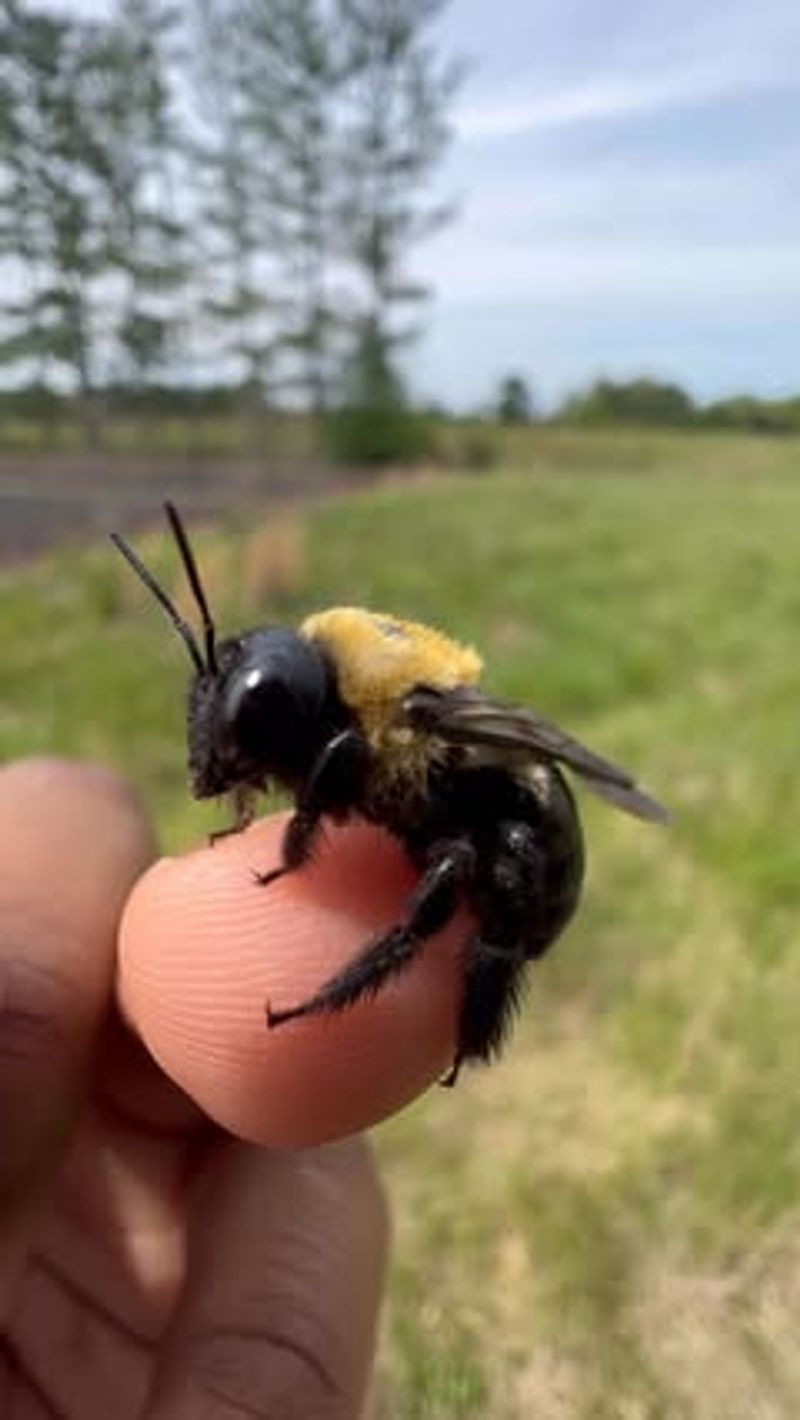
Large farms in Missouri often grow just one type of crop across hundreds of acres, creating food deserts for bees. Corn and soybean fields dominate the landscape but offer little to no nutrition for pollinators.
Bees need variety in their diet, just like humans do. When only one crop blooms at a time, bees face starvation during other parts of the year.
Planting flower strips along Missouri field edges or mixing crops creates feeding stations that support bee health throughout all growing seasons.
6. Disease and Colony Collapse Disorder
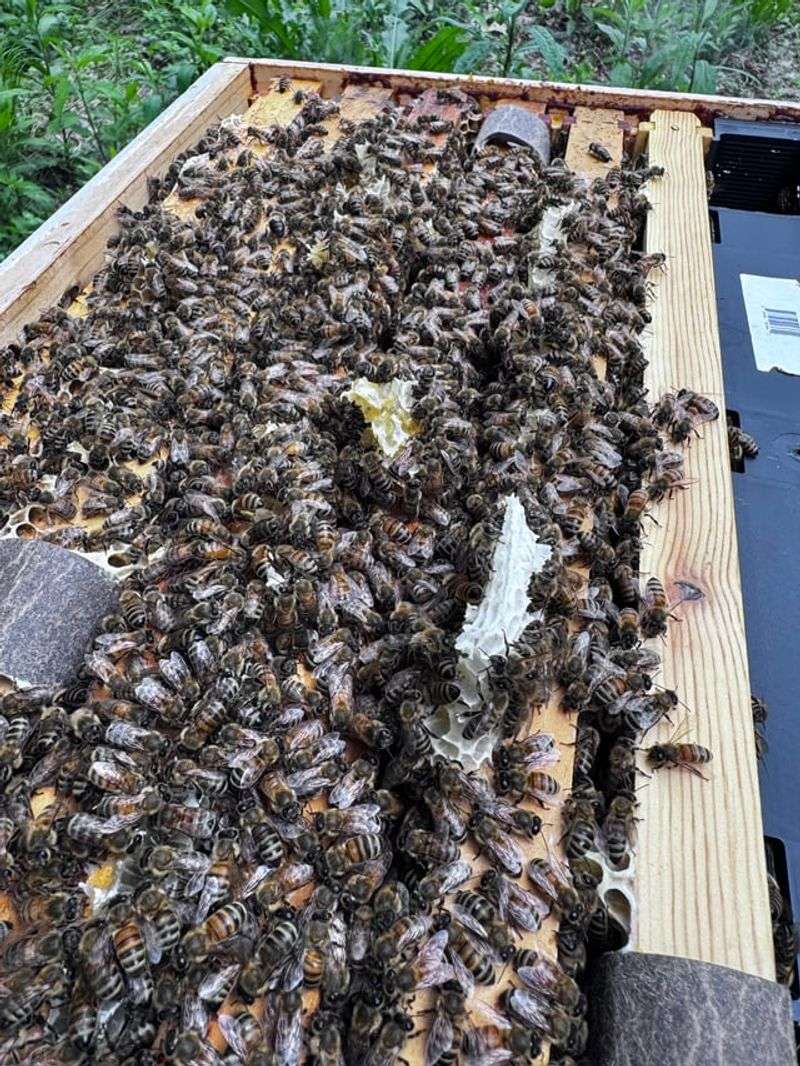
Mysterious illnesses sweep through Missouri bee colonies, causing worker bees to abandon their hives suddenly and never return. Scientists call this phenomenon Colony Collapse Disorder, and it has puzzled researchers for years.
Viruses, bacteria, and fungi attack weakened bee immune systems, especially when combined with other stressors. Entire hives can vanish within days, leaving behind only the queen and young bees.
Supporting local Missouri beekeepers and buying local honey helps fund research and maintain healthier, more resilient bee populations.
7. Lack of Public Awareness and Education
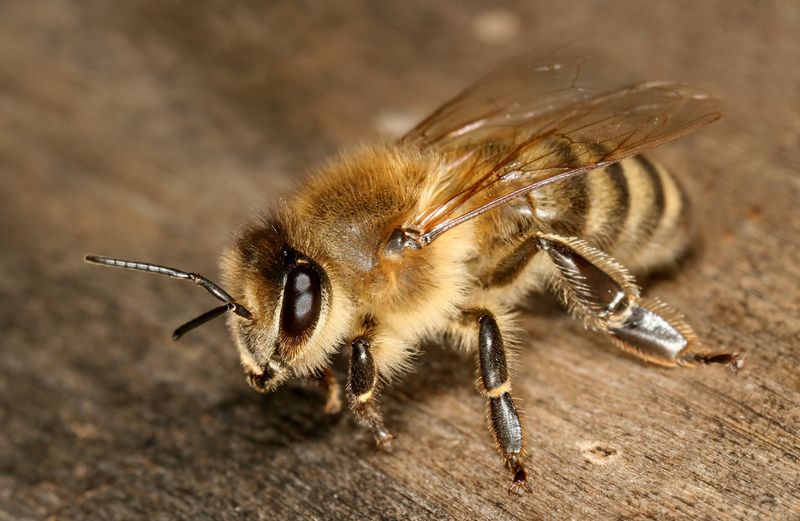
Many Missouri residents don’t realize how much they depend on bees for their daily food. Without proper education, people accidentally harm bees by using chemicals, removing wildflowers, or destroying nests they discover.
Schools and communities rarely teach about pollinator importance or conservation methods. Simple actions like leaving dandelions in lawns or creating bee hotels make huge differences.
Spreading awareness through Missouri neighborhoods and schools empowers everyone to become bee protectors, ensuring future generations enjoy the fruits and vegetables bees help create.

